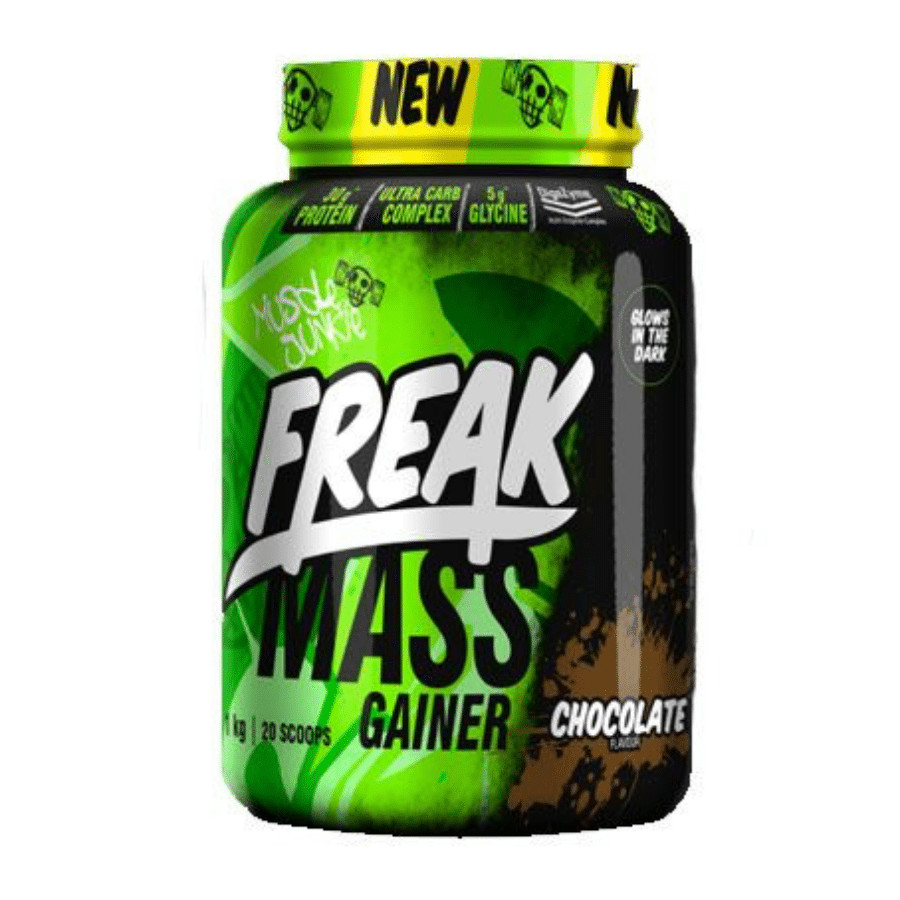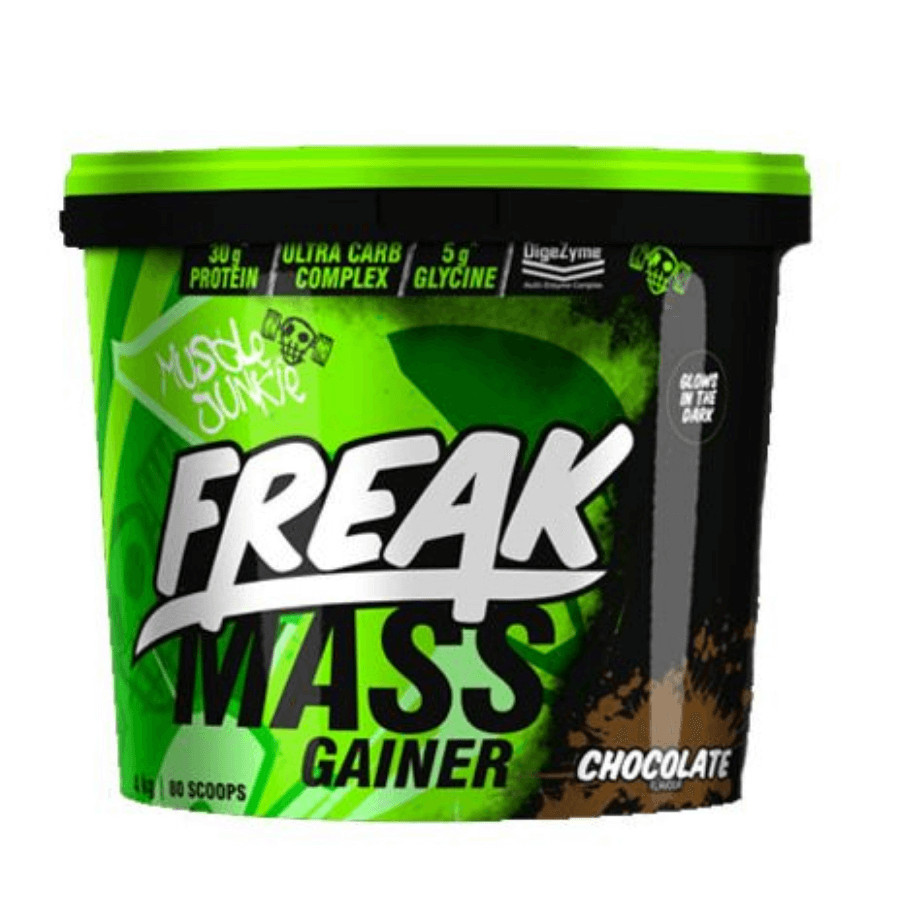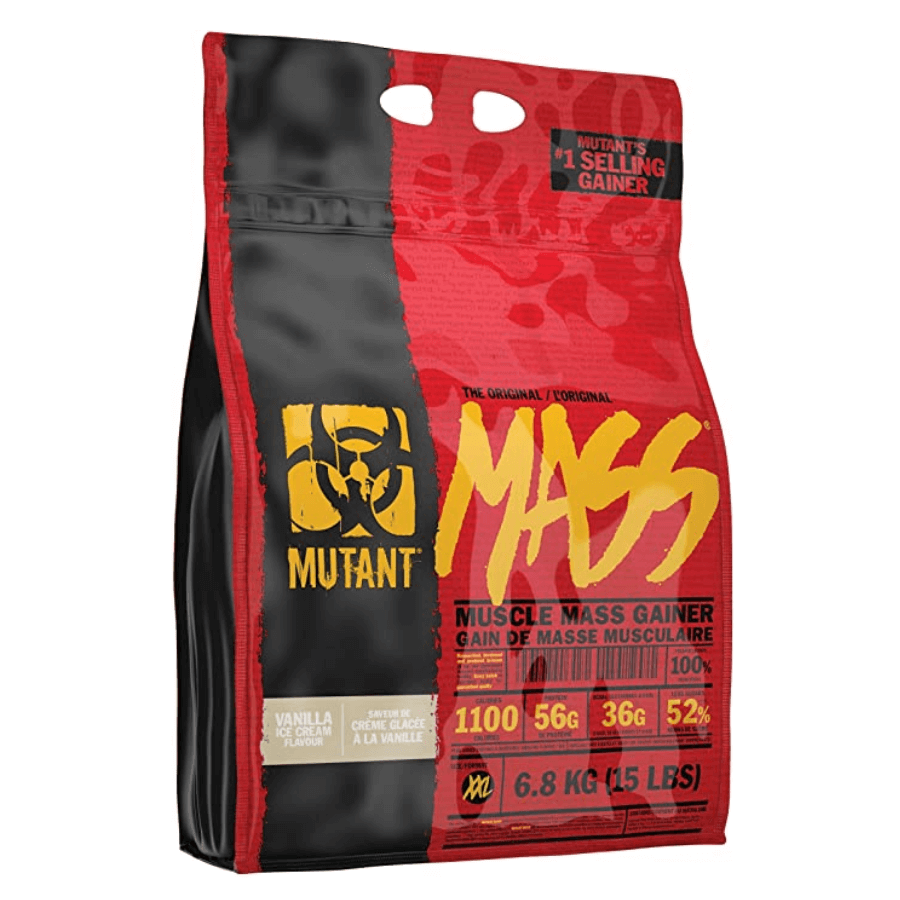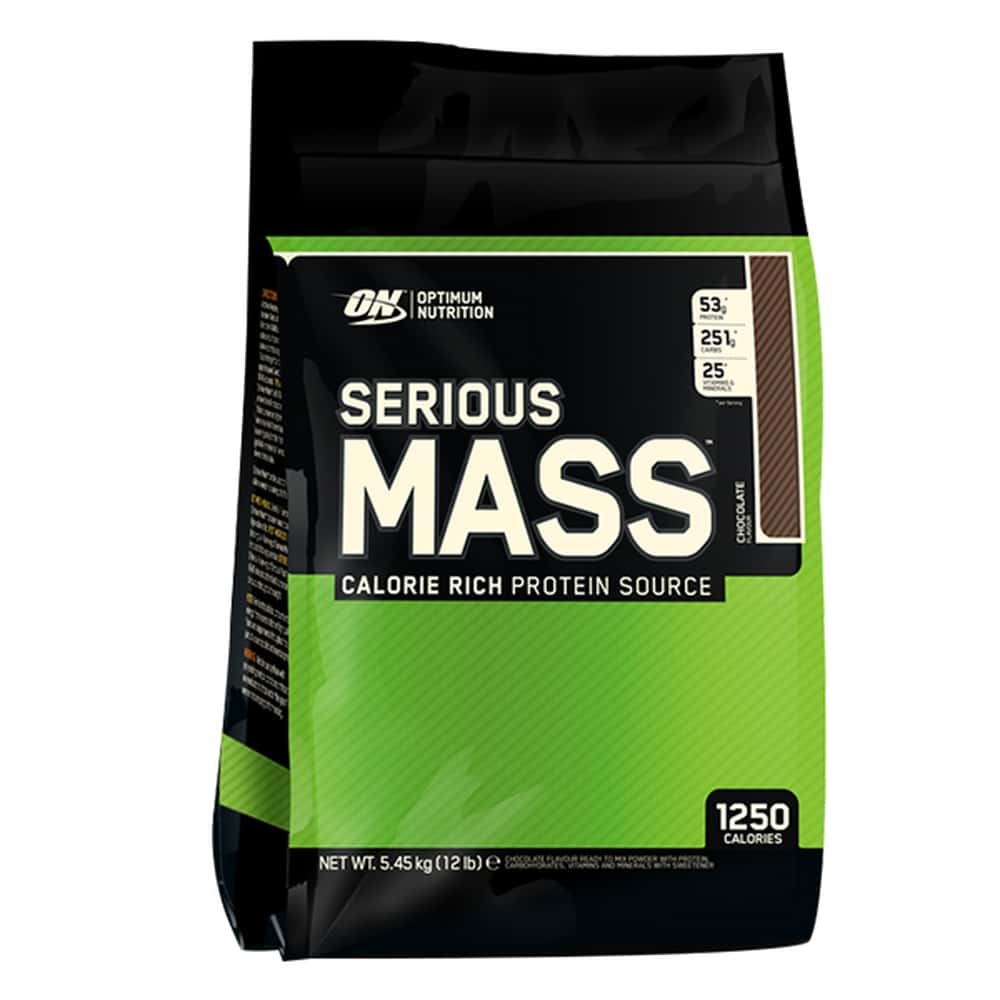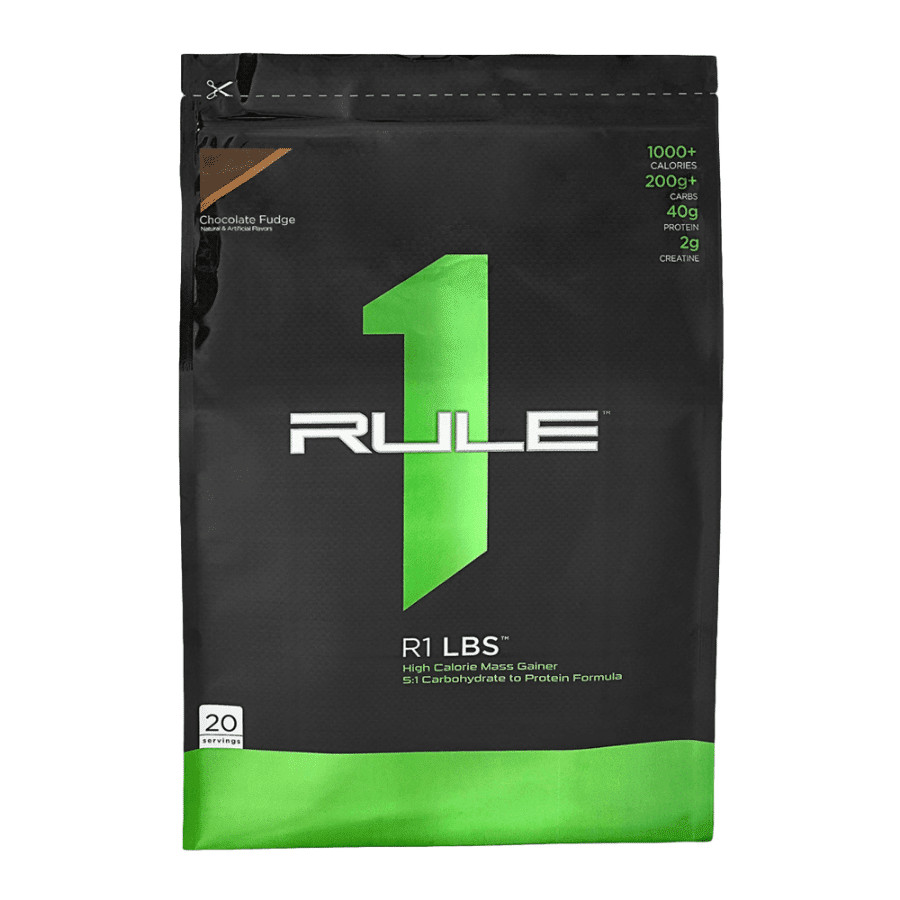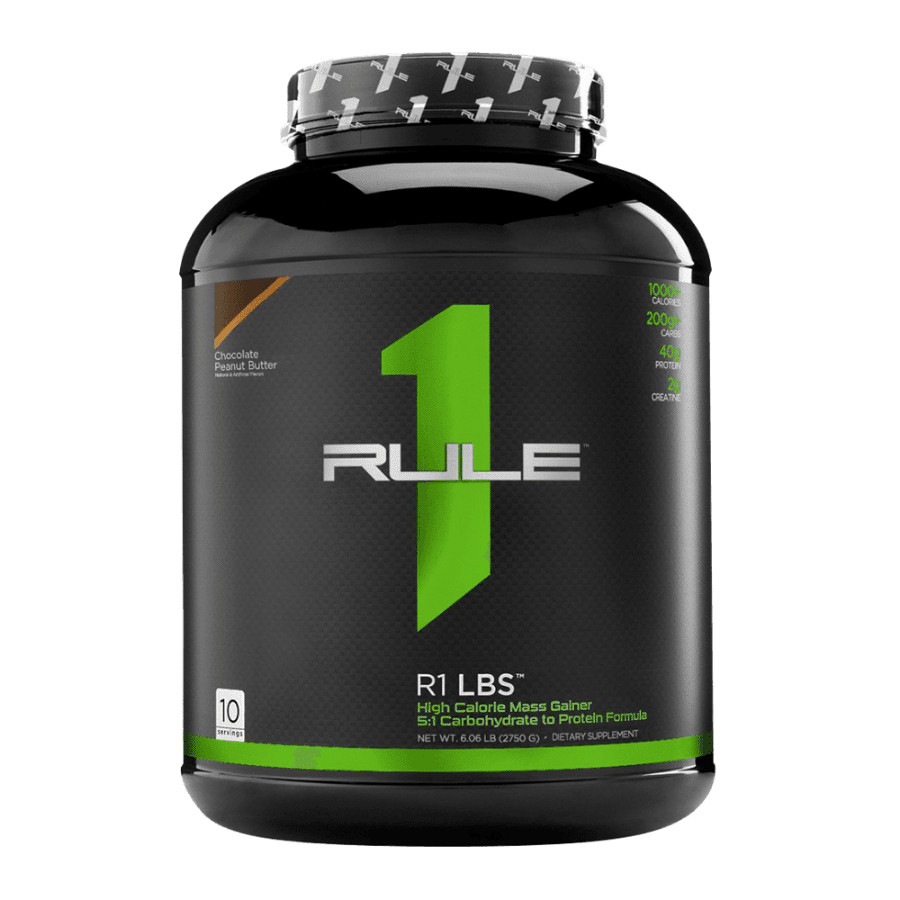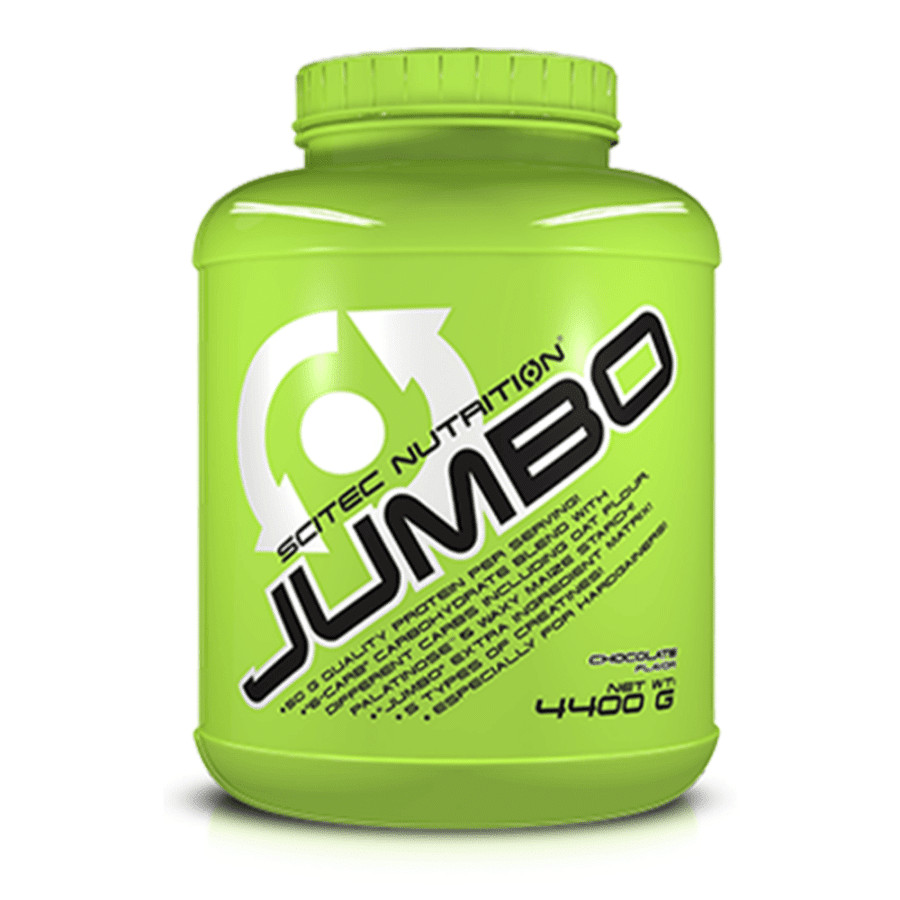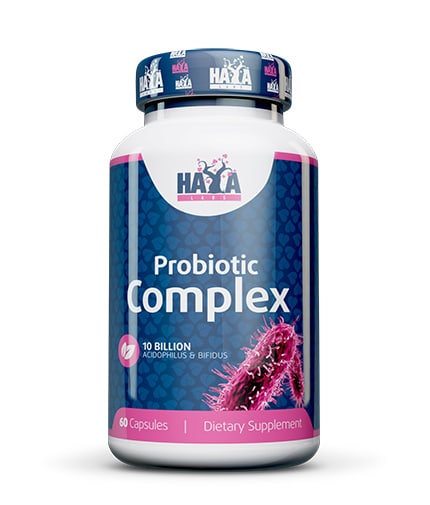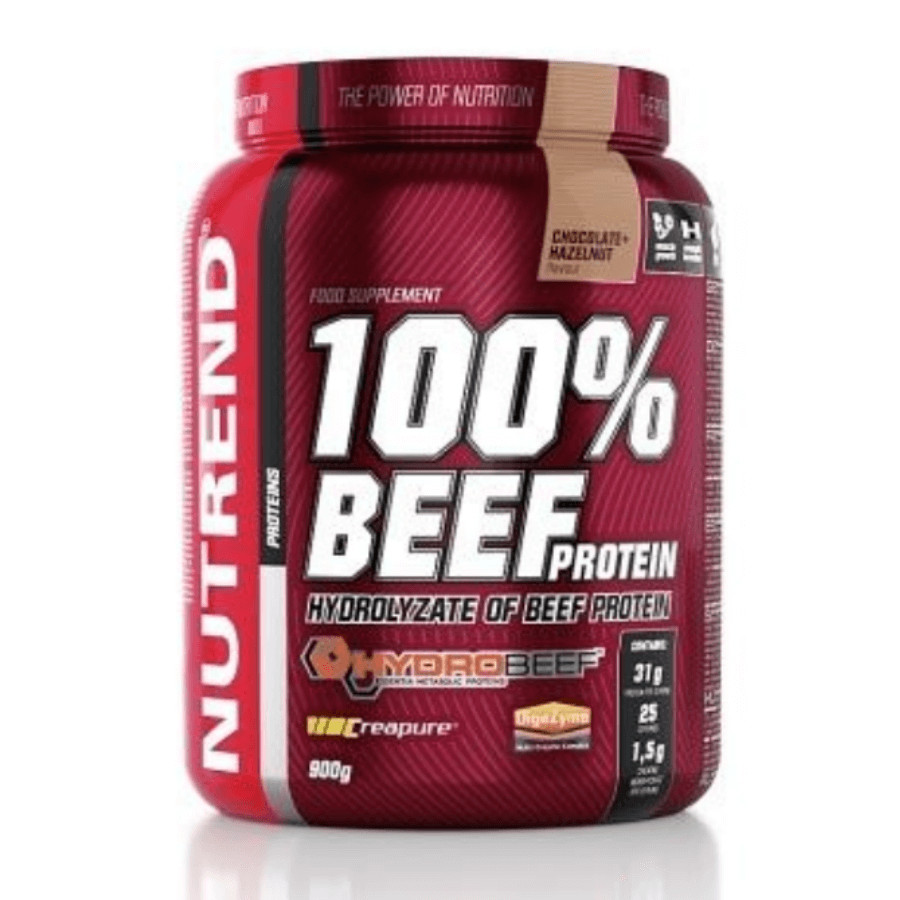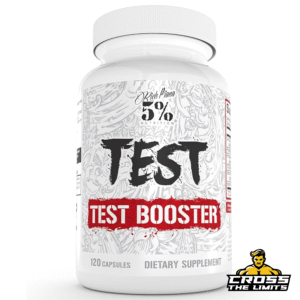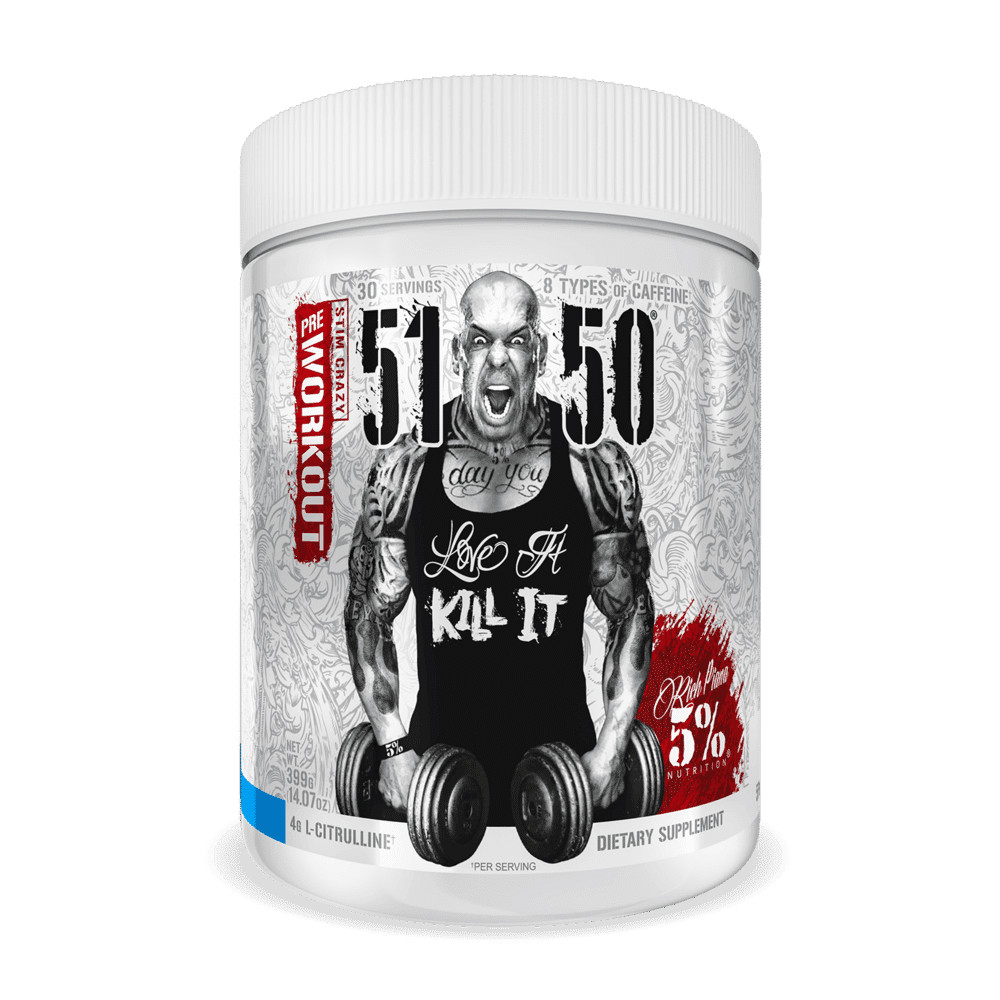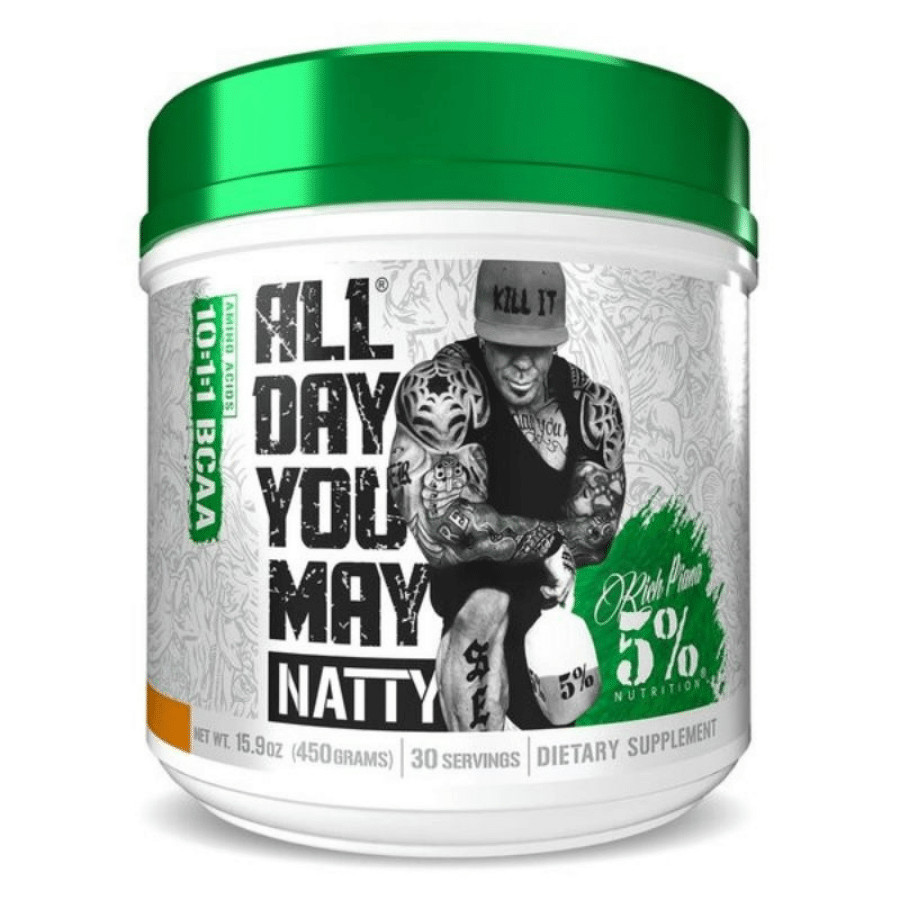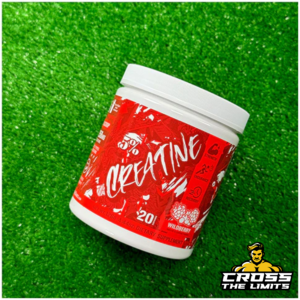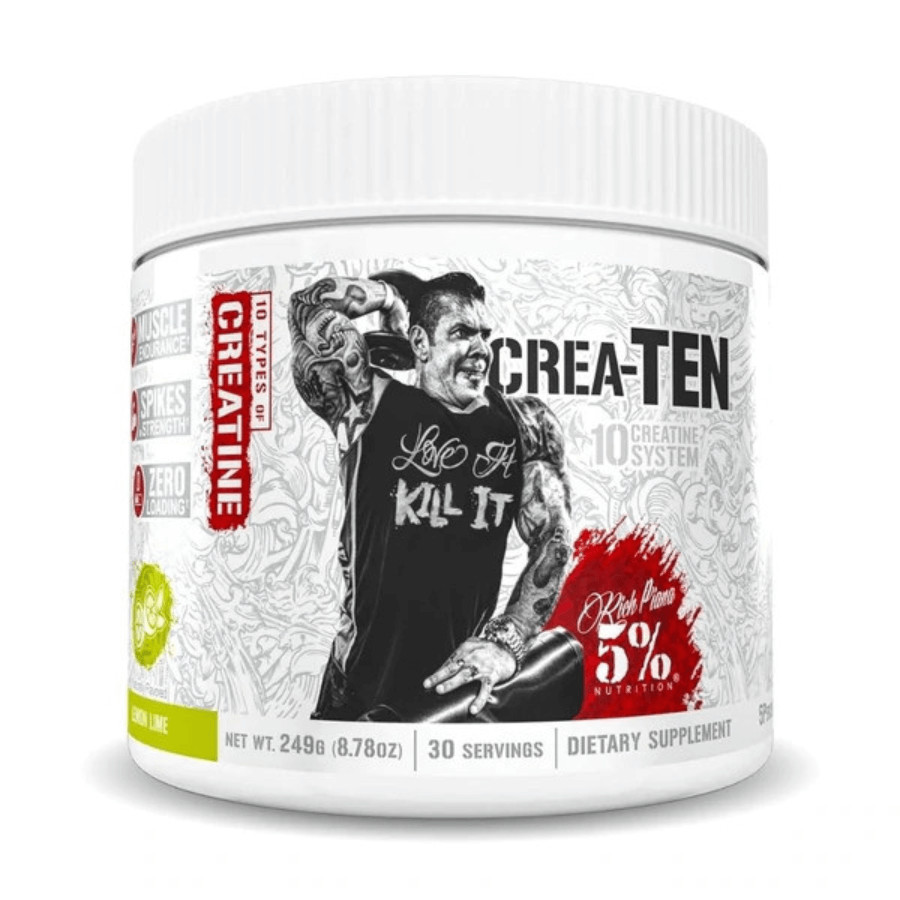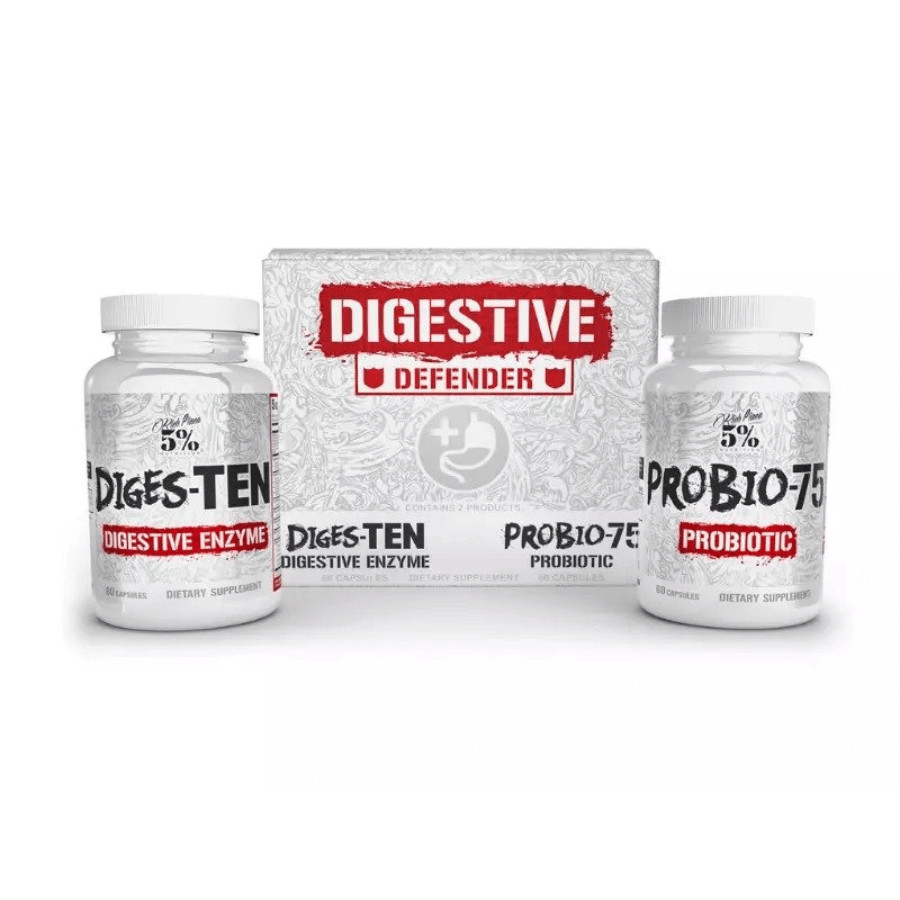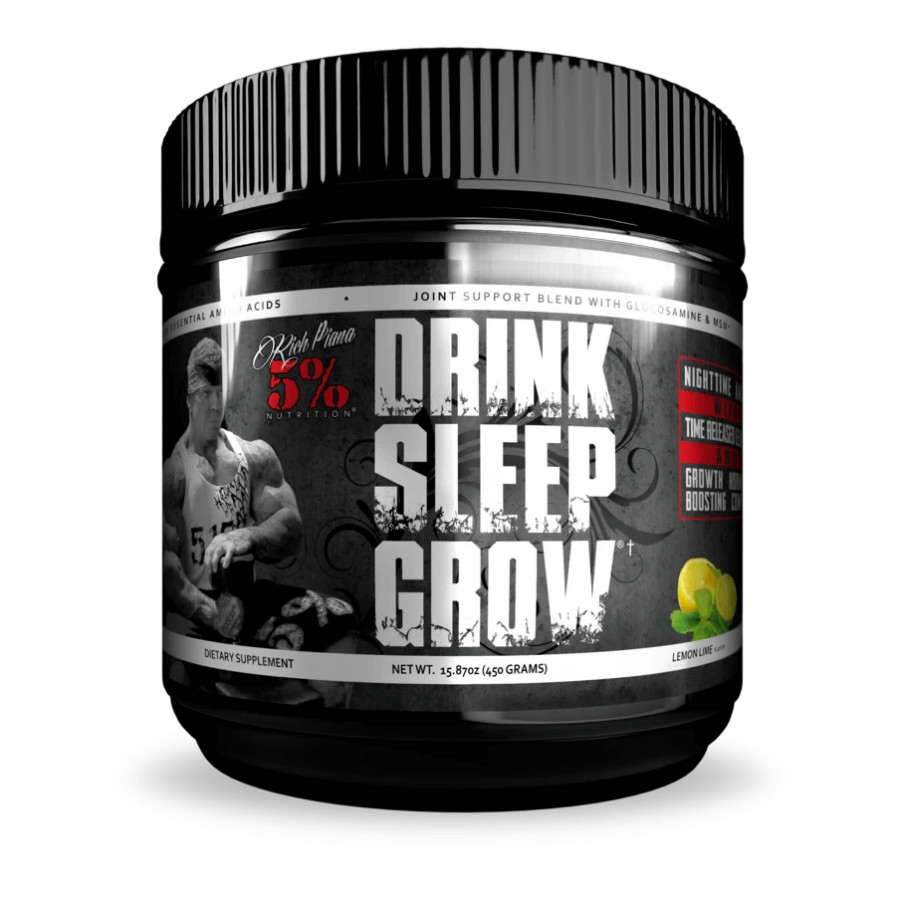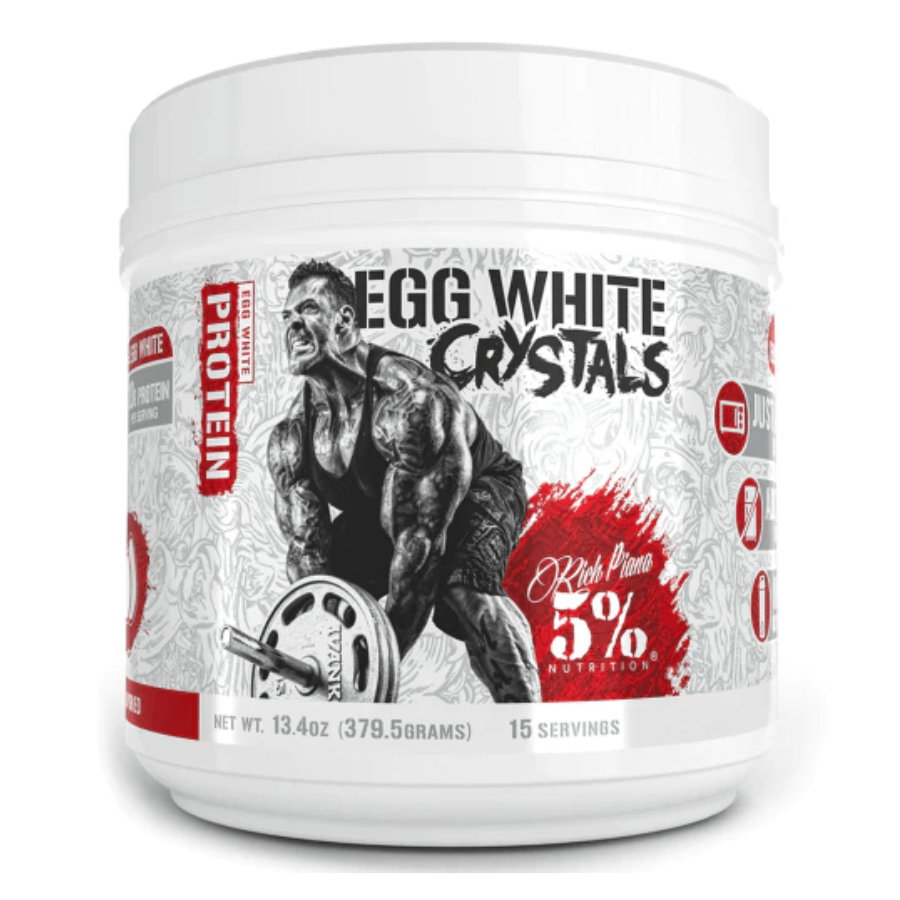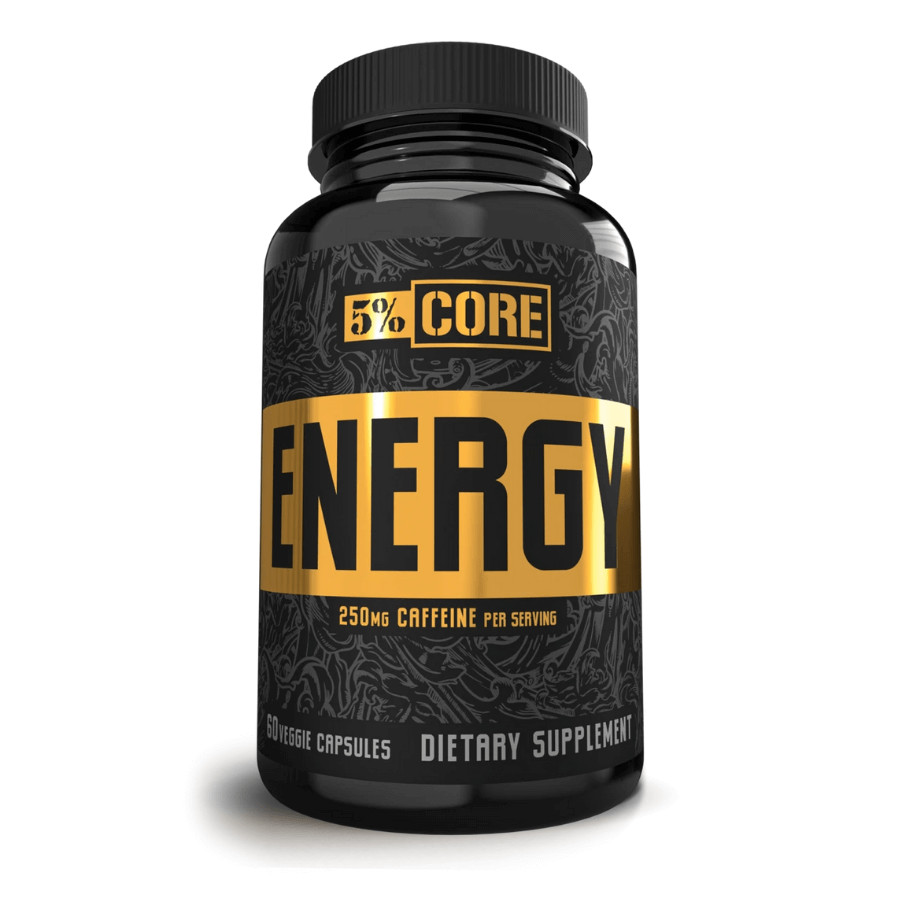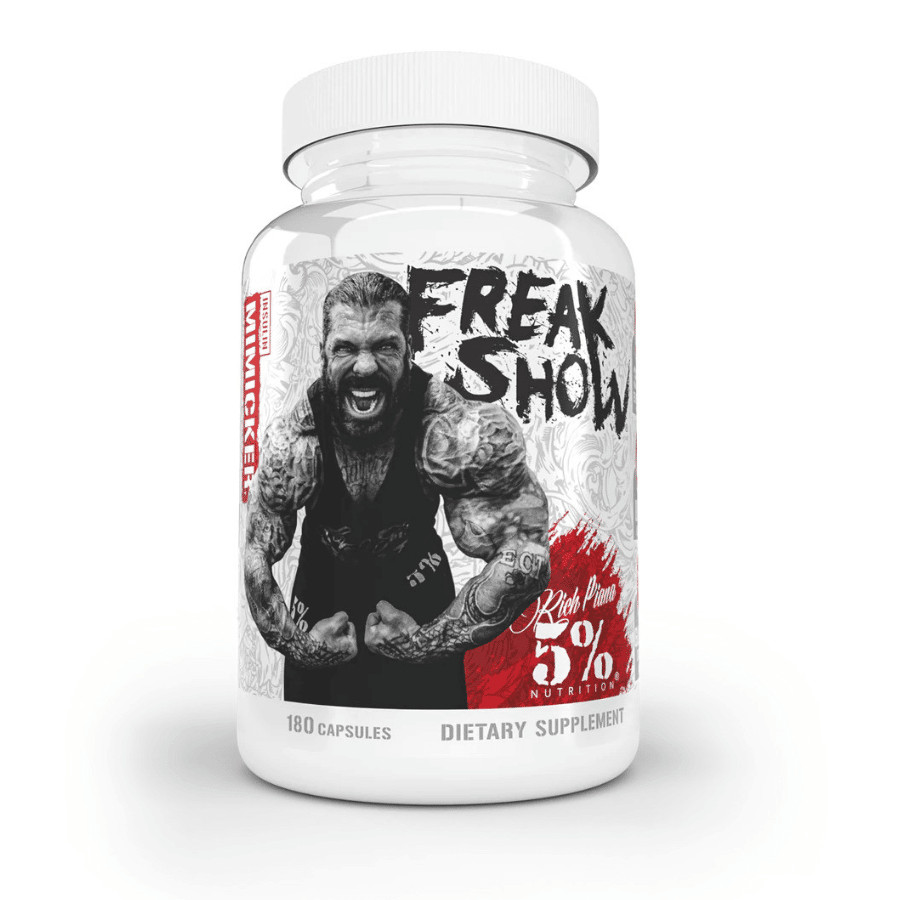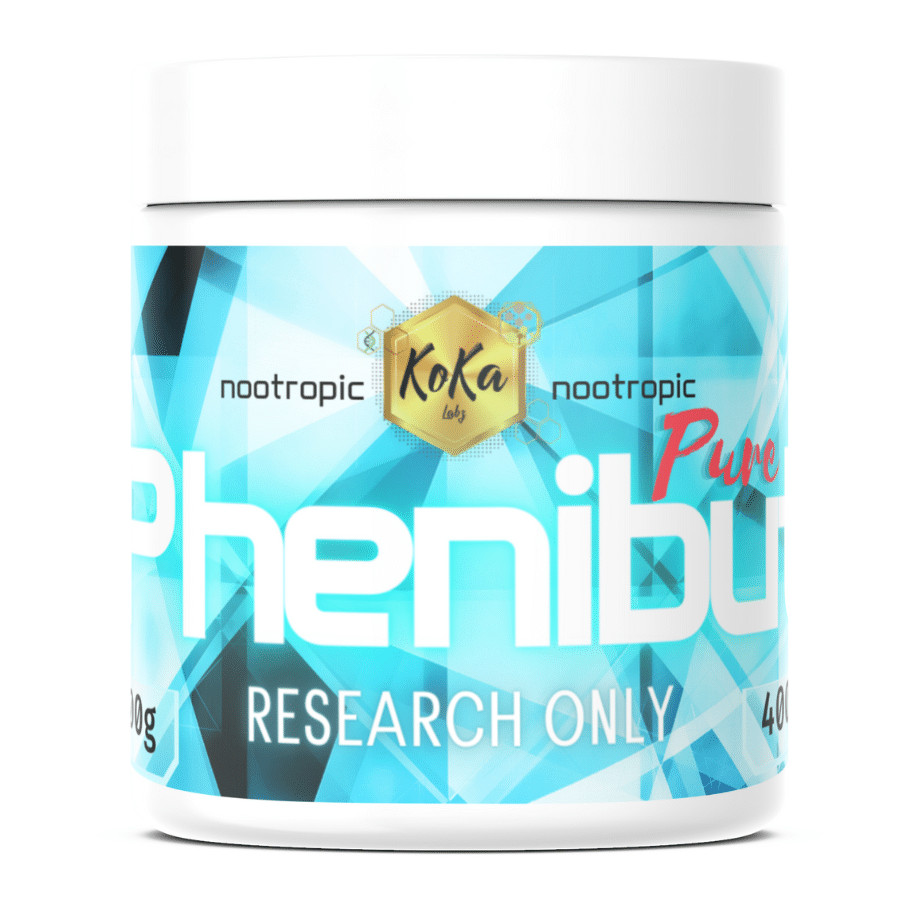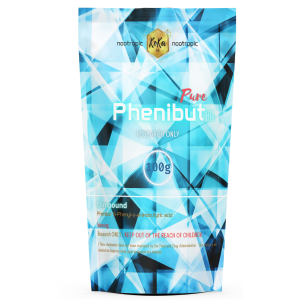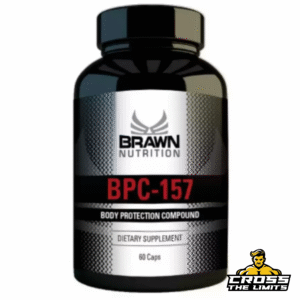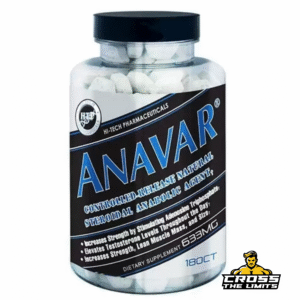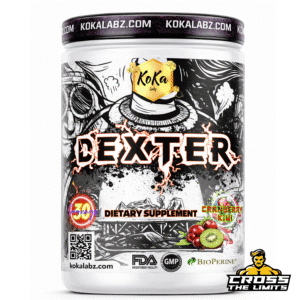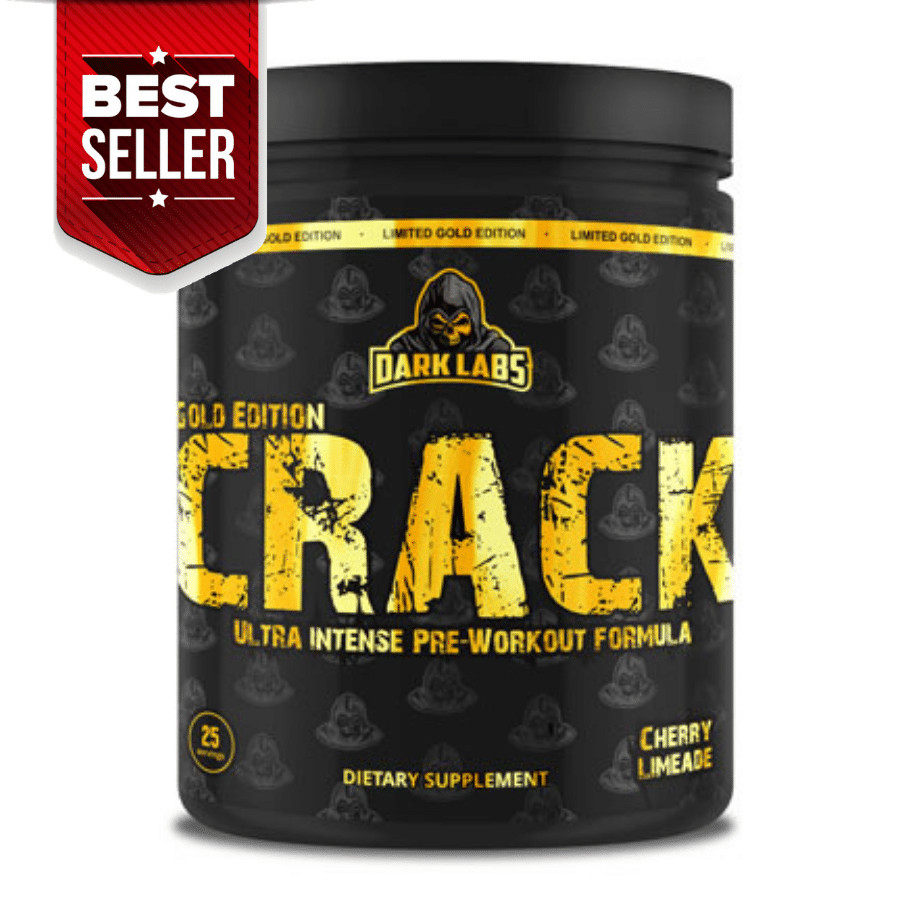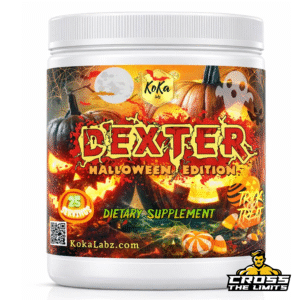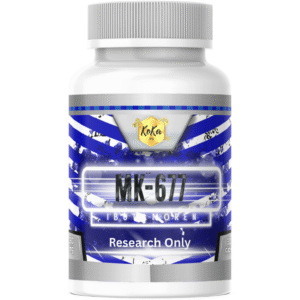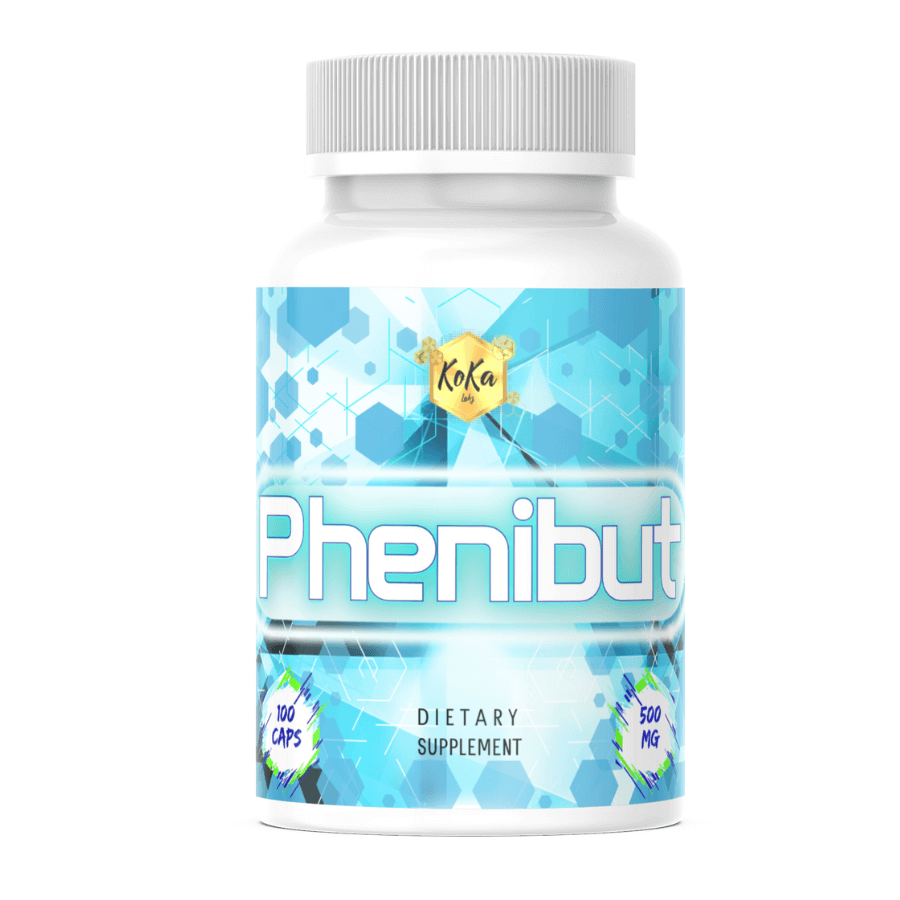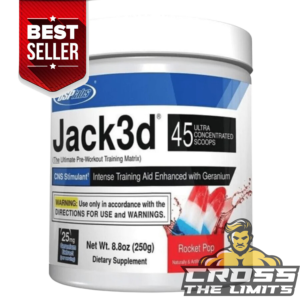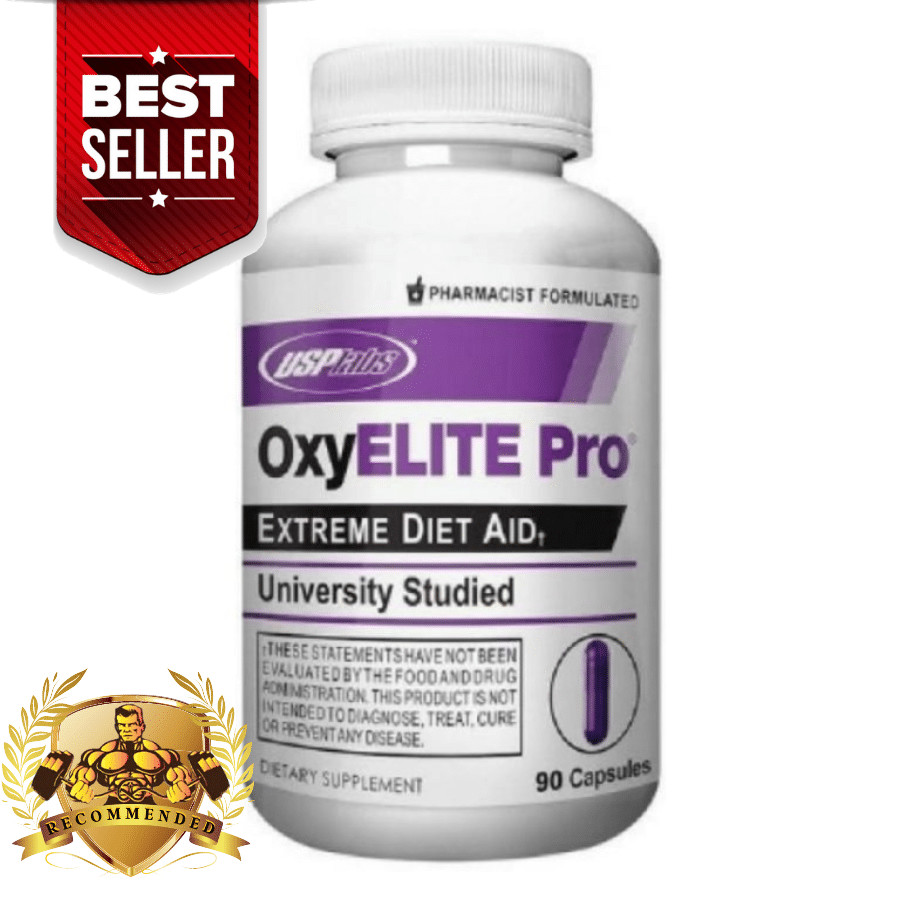Creatine is one of the most widely used and researched supplements in sports and fitness. Known for its ability to enhance athletic performance, build muscle mass, and improve strength, creatine has become a staple in the regimen of many athletes and fitness enthusiasts. This article will explore creatine’s benefits, what science says about it, and how to use it effectively.
-
Product no longer in sale
Check our bestsellersEfectiv Mass 5.4kg
£42.66Product no longer in sale
Check our bestsellersGain bolic 6000 1000g
£6.24 £13.73Muscle Junkie Freak Mass 1kg
£15.05Muscle Junkie Freak Mass 4kg
£32.76 £35.29Mutant Mass 6.8kg (BBF Pass)
£40.56 £81.87Product no longer in sale
Check our bestsellersProduct no longer in sale
Check our bestsellersR1 LBS 5.44kg
£61.31 £73.47Rule 1 R1 LBS 2.72kg
£38.43 £47.21Scitec Nutrition Jumbo 4400G
£48.63Product no longer in sale
Check our bestsellersProduct no longer in sale
Check our bestsellersWhat is Creatine?
Creatine is a naturally occurring compound found in small amounts in certain foods, such as red meat and fish. The body also produces it in the liver, kidneys, and pancreas. It is stored primarily in the muscles as phosphocreatine. During high-intensity exercise, phosphocreatine helps regenerate adenosine triphosphate (ATP), the body’s primary energy currency. This process allows muscles to perform more work, improving performance in short bursts of high-intensity activity such as weightlifting, sprinting, and other explosive movements.
Benefits of Creatine
- Improved Athletic Performance: One of the most well-documented benefits of creatine is its ability to enhance performance in high-intensity, short-duration exercises. Studies consistently show that creatine supplementation can increase strength, power, and muscle endurance. This makes it particularly beneficial for athletes involved in sports requiring quick, powerful movements, like football, wrestling, and powerlifting.
- Increased Muscle Mass: Creatine promotes muscle growth through several mechanisms. First, it indirectly contributes to muscle hypertrophy by allowing for more intense training sessions. Second, it increases the water content in muscle cells, stimulating protein synthesis and muscle growth. Over time, consistent creatine use has resulted in more significant gains in muscle mass than those not using the supplement.
- Enhanced Recovery: Some research suggests that creatine may also aid in muscle recovery post-exercise. By replenishing phosphocreatine stores more rapidly, creatine can reduce muscle damage and inflammation, potentially leading to quicker recovery times between workouts.
- Cognitive Benefits: Emerging research indicates that creatine might have benefits beyond muscle performance. Some studies suggest that creatine supplementation could improve cognitive function, particularly in tasks that require short-term memory and quick thinking. This is likely due to creatine’s role in ATP production, which is also crucial for brain function.
- Support for Older Adults: As we age, our muscle mass and strength naturally decline, a condition known as sarcopenia. Creatine supplementation has been shown to help older adults maintain muscle mass and strength, potentially improving mobility and reducing the risk of falls and injuries.
-
Product no longer in sale
Check our bestsellers100% Beef Isolate 1800g
£42.78Product no longer in sale
Check our bestsellersProduct no longer in sale
Check our bestsellersProduct no longer in sale
Check our bestsellersRated 5.00 out of 55% Nutrition Digestive Defender 2x60caps
£40.30 £45.15What Science Says About Creatine
Creatine is one of the most thoroughly studied supplements, with hundreds of clinical trials backing its safety and efficacy. The International Society of Sports Nutrition considers creatine highly effective in improving exercise performance and promoting muscle growth, and it has a strong safety profile when used appropriately.
Contrary to some myths, creatine is not a steroid. It does not cause kidney damage or dehydration in healthy individuals when taken at recommended dosages. Long-term studies have shown that creatine use is safe for most people, including those who use it for extended periods.
How to Use Creatine
When it comes to supplementing with creatine, there are a few strategies you can follow:
- Loading Phase: This method involves taking a higher dose of creatine for a short period to quickly saturate the muscles with phosphocreatine. Typically, this involves taking 20 grams daily (split into four doses) for 5-7 days. After the loading phase, you would reduce the intake to a maintenance dose of 3-5 grams per day.
- Maintenance Dose: Alternatively, you can start with a maintenance dose from the beginning, taking 3-5 grams per day without a loading phase. While this method will also increase muscle creatine levels, reaching full saturation may take a few weeks.
- Timing: Creatine can be taken at any time of the day, but some research suggests that taking it post-workout with a meal that includes carbohydrates may enhance muscle uptake.
- Hydration: Since creatine draws water into muscle cells, staying well-hydrated while supplementing is essential, especially during loading.
-
Product no longer in sale
Check our bestsellers100% Beef Isolate 1800g
£42.78Product no longer in sale
Check our bestsellersProduct no longer in sale
Check our bestsellersProduct no longer in sale
Check our bestsellersRated 5.00 out of 55% Nutrition Digestive Defender 2x60caps
£40.30 £45.15Conclusion
Creatine is a powerful supplement that can significantly enhance athletic performance, promote muscle growth, and offer cognitive benefits. It is one of the safest and most effective supplements, backed by extensive research and widespread use. Whether you’re a seasoned athlete or just starting your fitness journey, creatine can be a valuable addition to your regimen.
Before starting any supplement, it’s always wise to consult with a healthcare professional, especially if you have pre-existing health conditions or are taking medication. Creativity can help you achieve your fitness goals more effectively and efficiently when used correctly.
About the author
Cross The Limits
Cross The Limits is a passionate advocate for health, fitness, and well-being. Since 2018, we have been providing top-quality dietary supplements and vitamins across the UK. Based in Suffolk, our team is committed to helping you achieve your fitness goals with trusted products, expert advice, and unwavering support. Through our blog, we share valuable tips, insights, and the latest trends to inspire and guide you on your health and fitness journey.
Check other posts

What pre-workout supplements can you take every…
February 17th, 2026
Read more
Where to buy the strongest fat burner…
February 10th, 2026
Read more
How to choose the best muscle-building supplements.…
January 30th, 2026
Read moreRelated products
-
KK labz B-aba-Pheni 200g
£88.86KK Labz B-aba-Pheni 100g
£46.22Rated 5.00 out of 5Rated 4.89 out of 5Rated 4.33 out of 5Rated 5.00 out of 5



